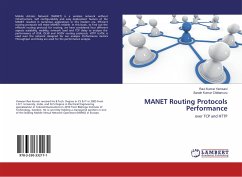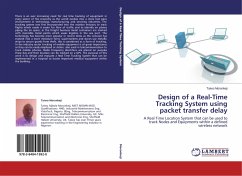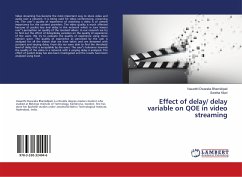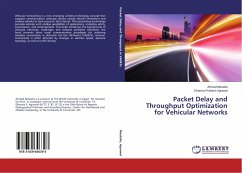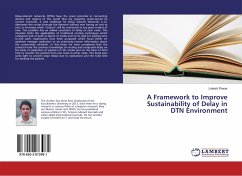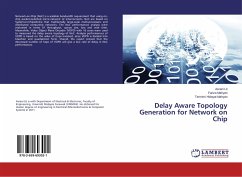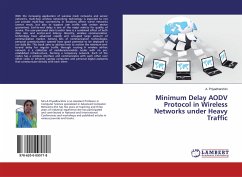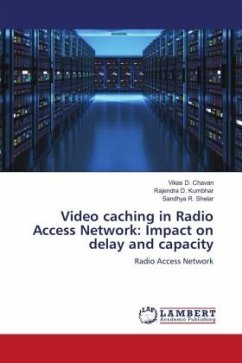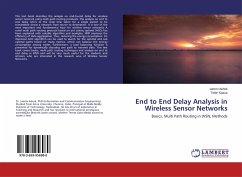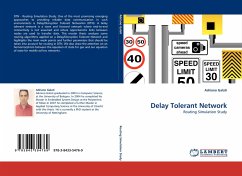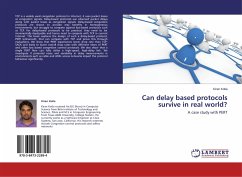
Can delay based protocols survive in real world?
A case study with PERT
Versandkostenfrei!
Versandfertig in 6-10 Tagen
27,99 €
inkl. MwSt.

PAYBACK Punkte
14 °P sammeln!
TCP is a widely used congestion protocol in Internet, it uses packet losses as congestion signals. Delay-based protocols use observed packet delays along with packet losses as congestion signals. Delay-based congestion protocols are shown to provide may benefits in homogeneous environments, but struggle to compete against loss-based protocols such as TCP. For delay-based protocols to be practical, they need to be incrementally deployable and hence need to compete with TCP in current Internet. This book explores the design of such a delay-based protocol, PERT (enhanced), that can compete with T...
TCP is a widely used congestion protocol in Internet, it uses packet losses as congestion signals. Delay-based protocols use observed packet delays along with packet losses as congestion signals. Delay-based congestion protocols are shown to provide may benefits in homogeneous environments, but struggle to compete against loss-based protocols such as TCP. For delay-based protocols to be practical, they need to be incrementally deployable and hence need to compete with TCP in current Internet. This book explores the design of such a delay-based protocol, PERT (enhanced), that can compete with TCP and prove this through evaluations. We show that PERT experiences lower drop rate than TCP-SACK and leads to lower overall drop rates with different mixes of PERT and other loss based congestion control protocols. We also show that a single PERT flow can fully utilize a high-speed, high-delay link. We investigate if potential noise and variability in delay measurements in environments such as cable and ADSL access networks impact the protocol behaviour significantly.



